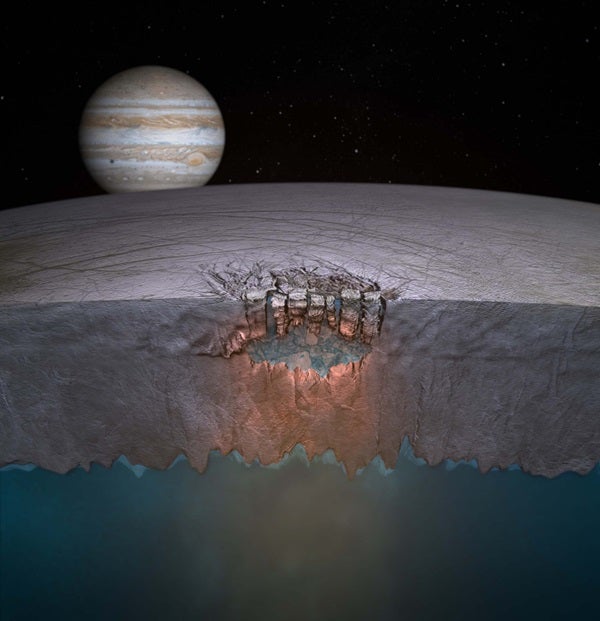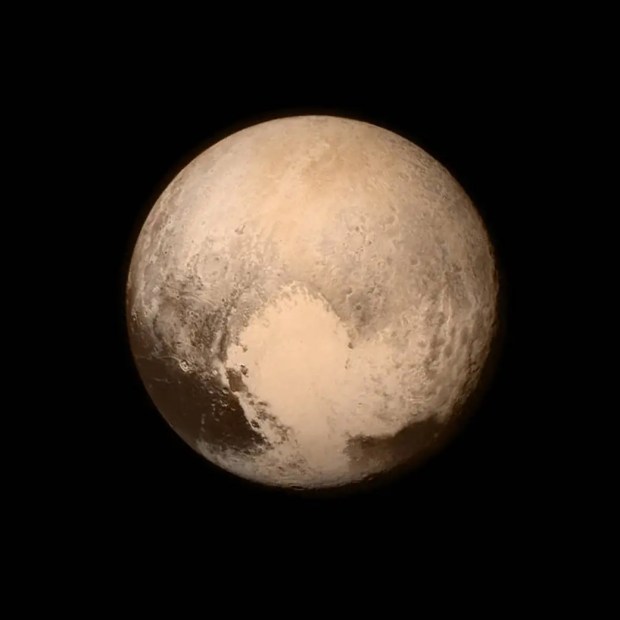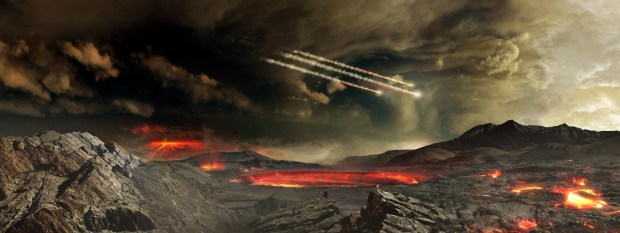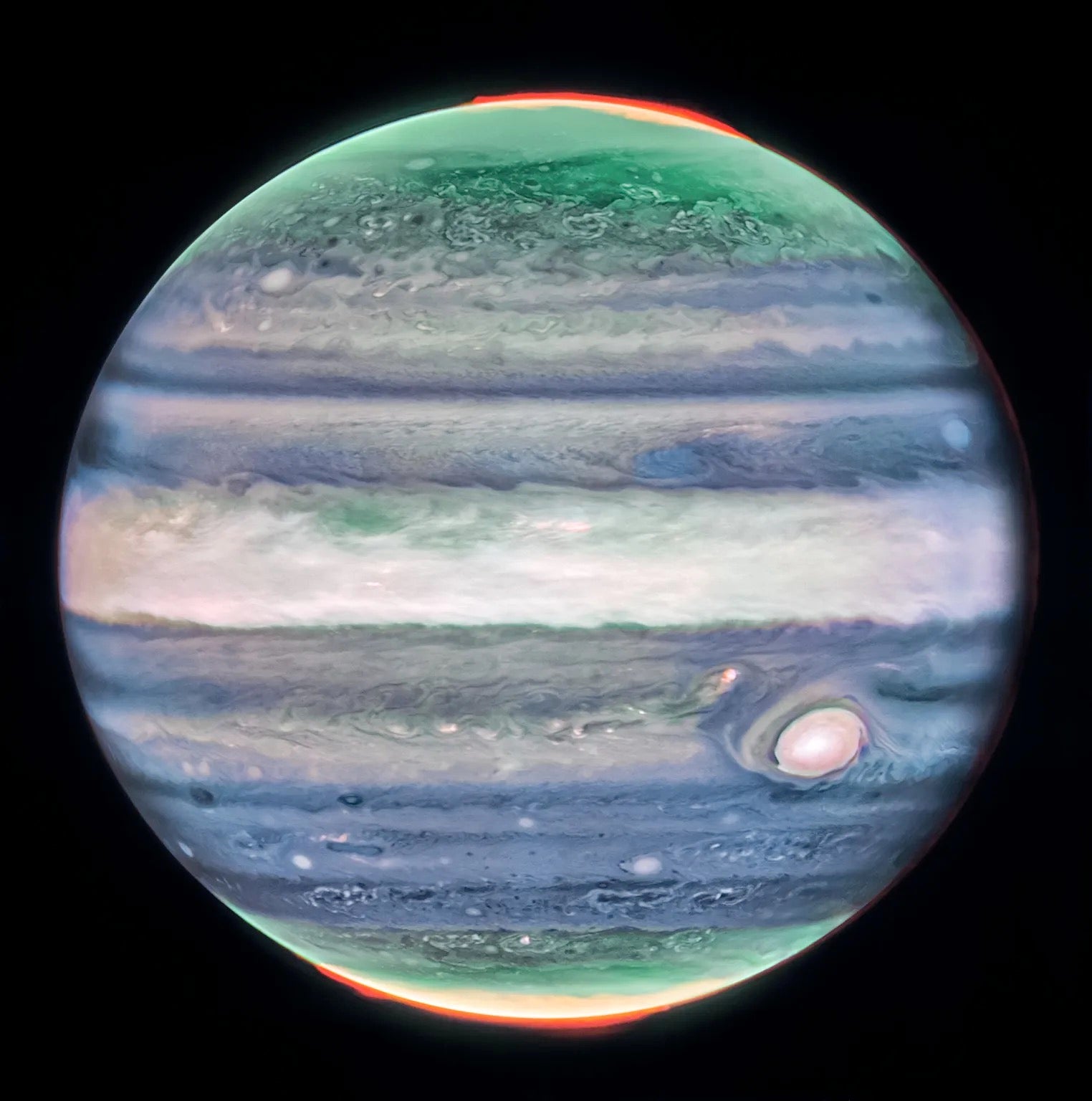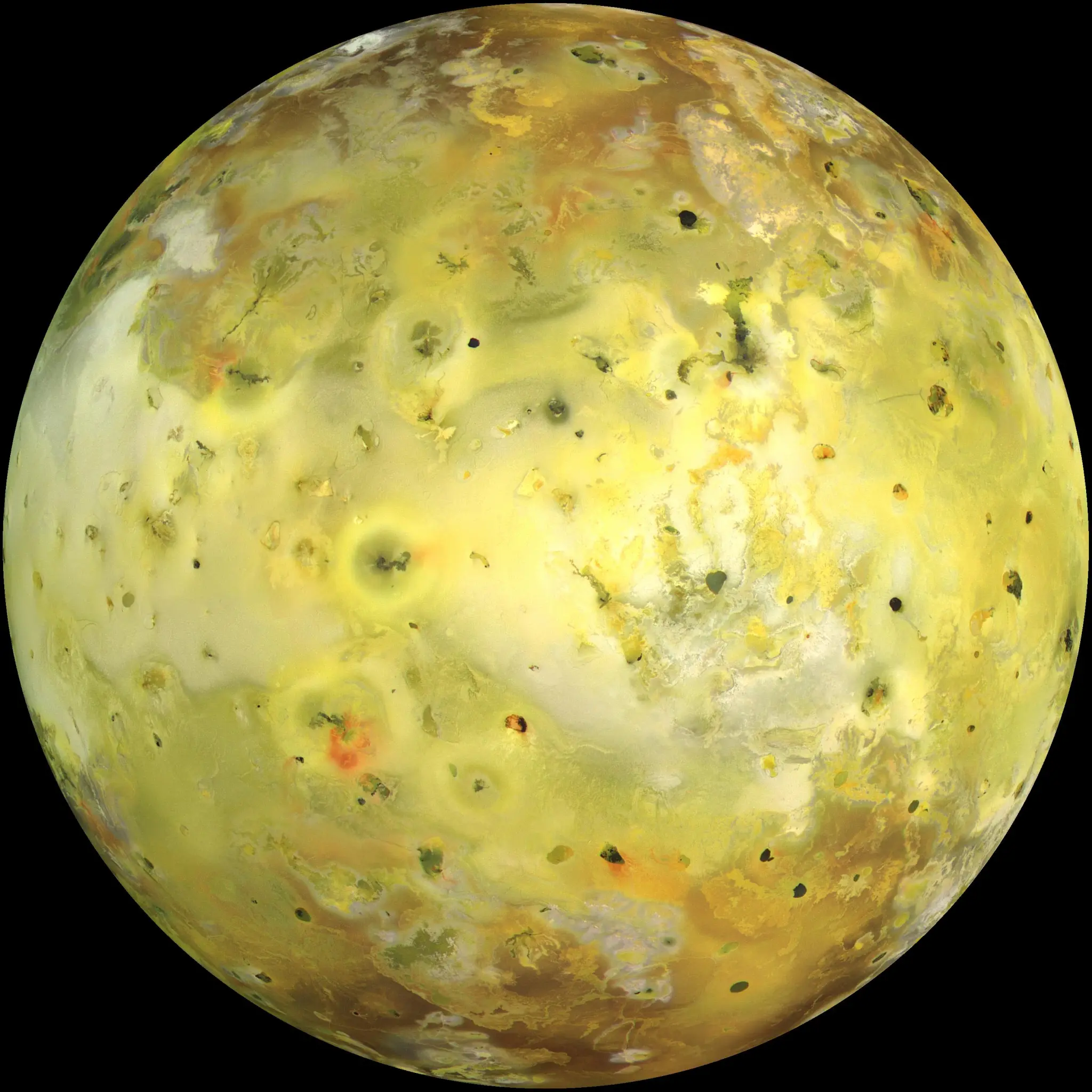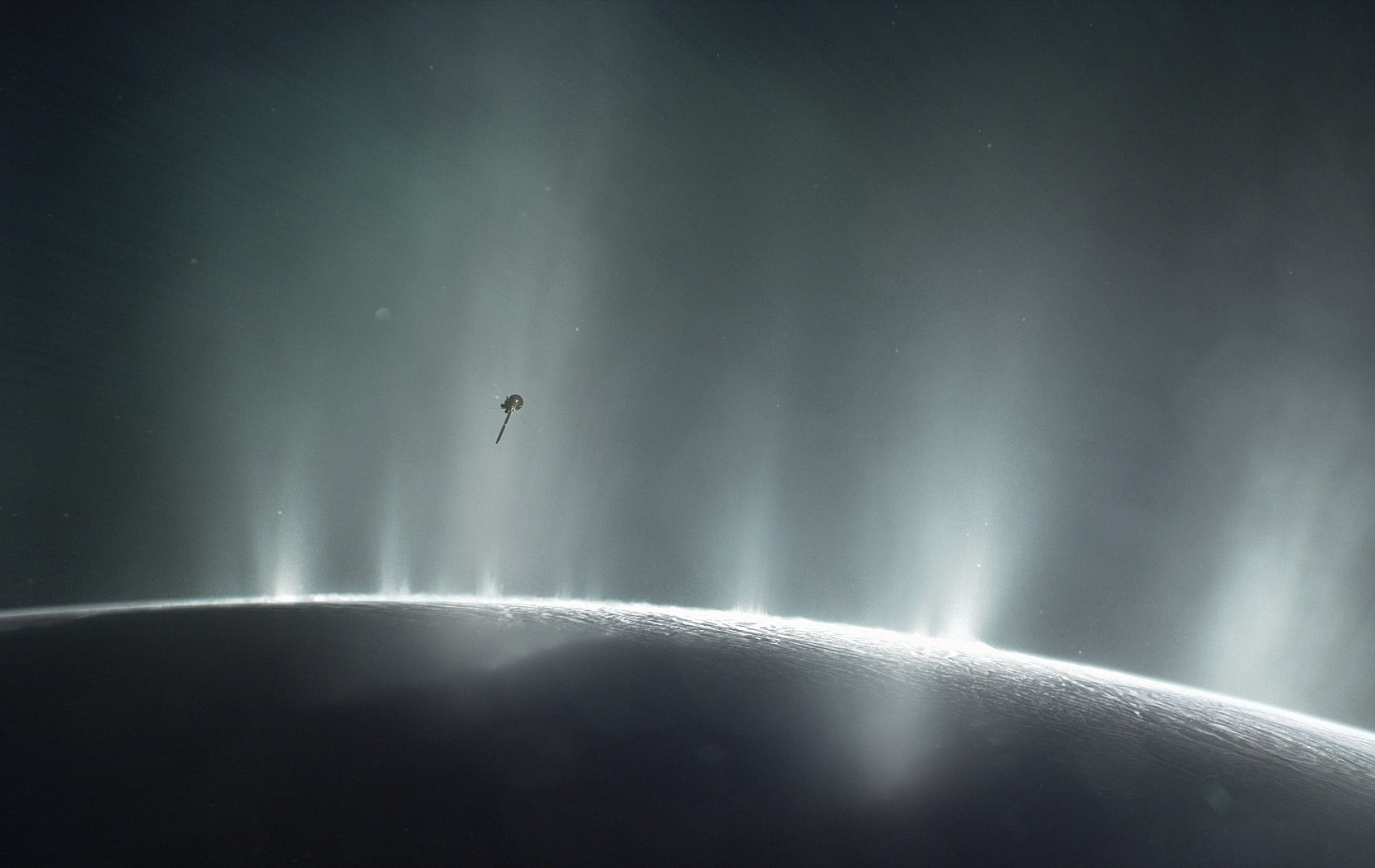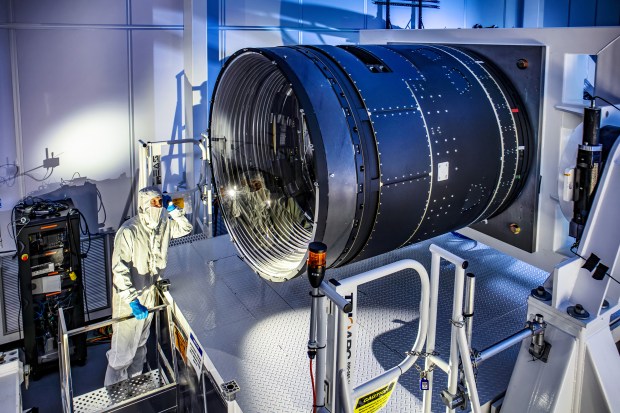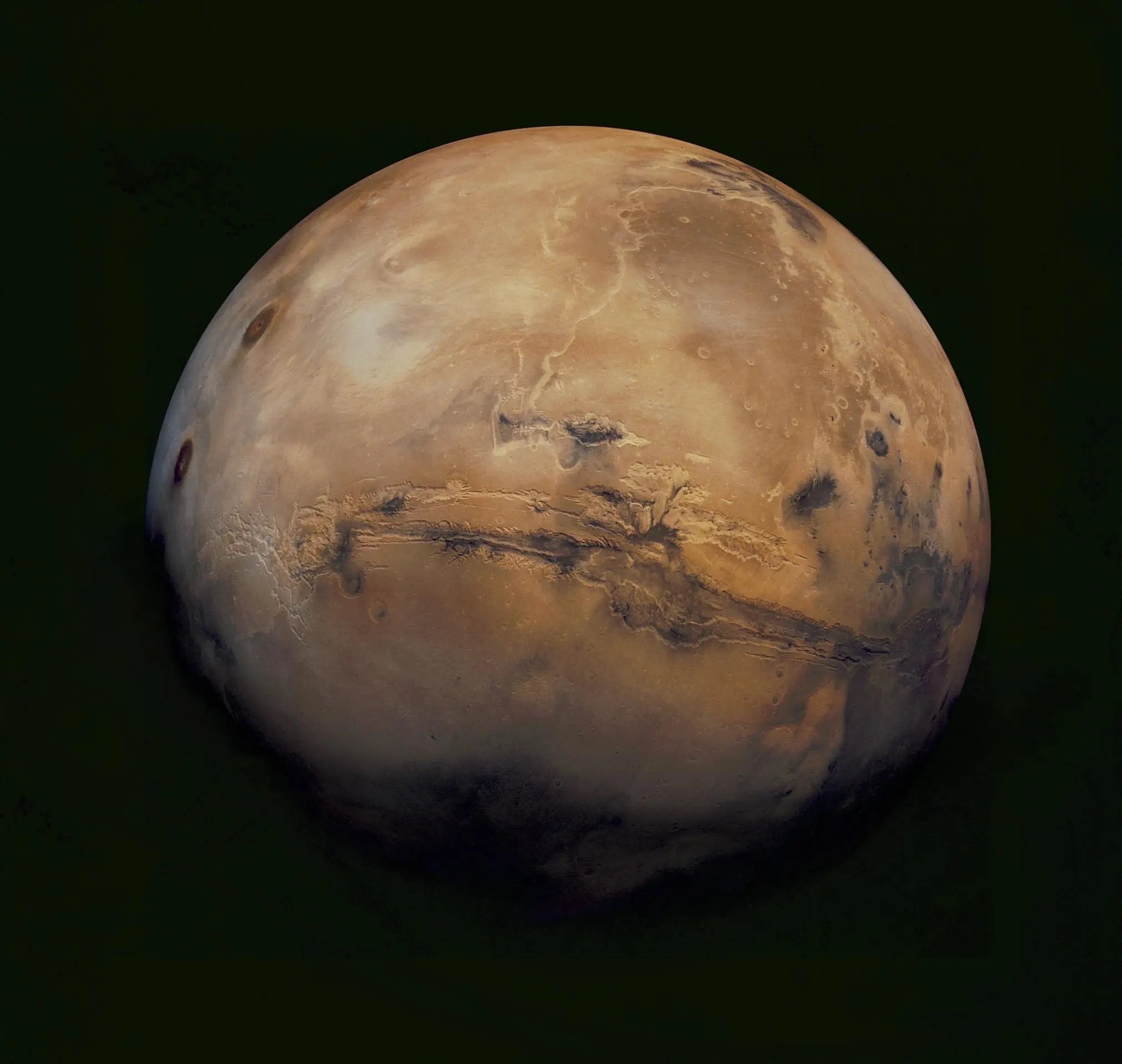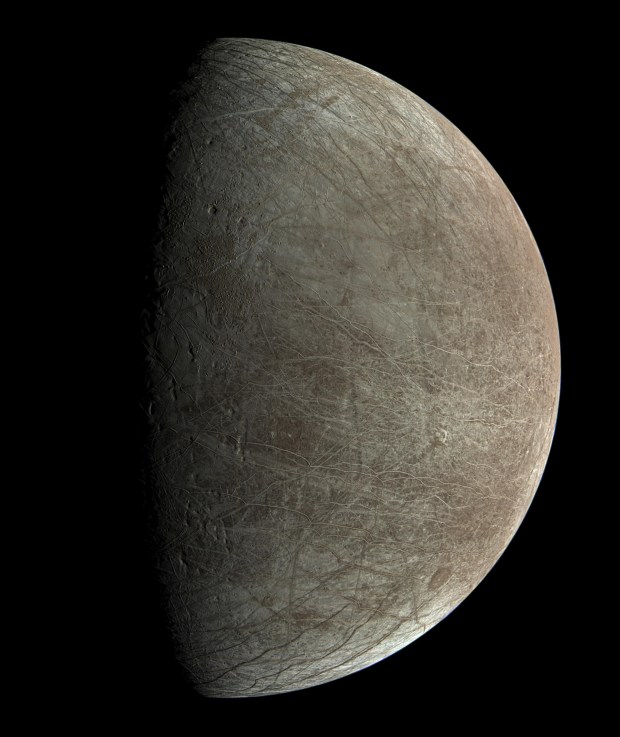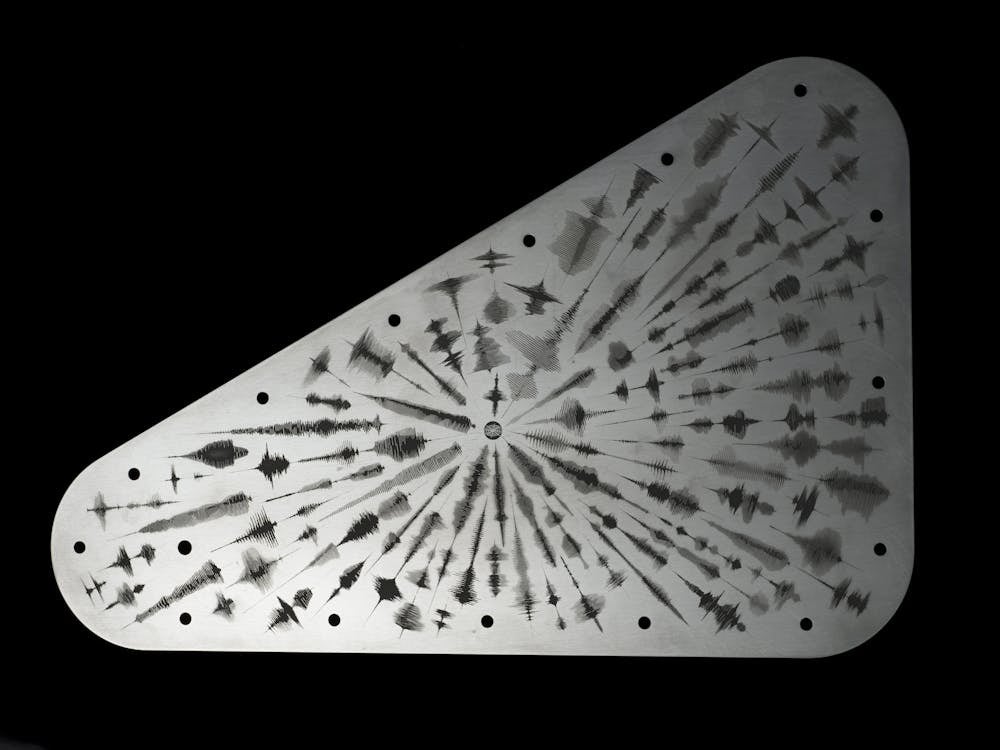Luckily, it seems scientists won’t have to worry too much about this. Jupiter’s presence shields Europa from many of the energetic particles that stream through space, researchers found using a computer model. Though some of these particles, called cosmic rays, will hit Europa, the radiation dosage from them is not significant, the researchers report in The Astrophysical Journal Letters. This means that chemicals in Europa’s ocean, and signs of life they might contain, would be intact for future study.
Showers of Particles
In 2018, planetary scientist Tom Nordheim of NASA’s Jet Propulsion Laboratory looked into radiation on Europa from Jupiter itself. He and his team found that energetic particles from Jupiter’s magnetosphere, a region marked by the planet’s magnetic fields, don’t reach more than a few inches below Europa’s surface.
But the gas giant isn’t the only source of energetic particles that shower onto the moon. Particles with even higher energies, called galactic cosmic rays, stream through the galaxy from the remains of dying stars.
So, to find out how cosmic rays might affect Europa’s ocean chemistry, Nordheim and his collaborators created a computer model. The model simulated how cosmic rays would collide into the atoms on Europa and react, destroying these atoms and releasing further showers of particles. These collisions and reactions continue further into Europa until the particles no longer have enough energy for these reactions.
The researchers found that galactic cosmic rays and their resulting particle showers can extend several yards beneath Europa’s surface. But that’s not that big of a deal. Jupiter’s magnetosphere blocks many of the galactic cosmic rays from Europa, even as the planet showers its moon’s surface with lower-energy particles. That means that, thanks to Jupiter’s protection, the galactic cosmic ray dosage that hits Europa isn’t very significant.
“I think that’s pretty exciting in terms of relatively pristine material being right below the surface,” Nordheim said. “You don’t have to dig incredibly deeply to find material that hasn’t been completely modified by radiation.”
This is one advantage of searching for signs of life on Europa compared to searching on Mars, Nordheim said. Mars doesn’t have a strong magnetic field to protect its surface from energetic particles, so cosmic rays probably heavily affect its surface. Europa, on the other hand, enjoys the protection of our solar system’s largest gas giant.

